CBS Professor is bridging Danish and Indian education
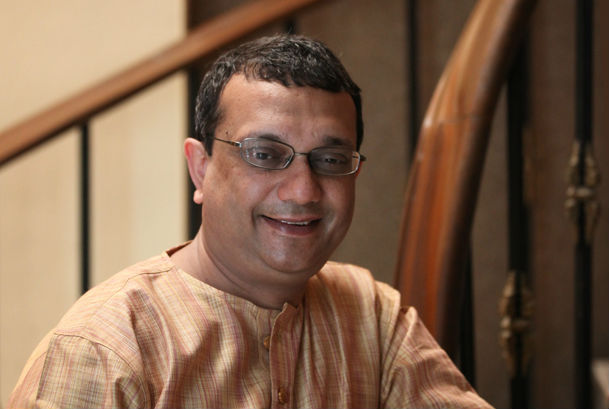
Sudhanshu Rai in the warmth of his home (Photo: Sudhanshu Rai)
Associate Professor, Sudhanshu Rai, is traveling back and forth between India and Denmark for research and to act as an educational bridge between the two countries. Being back in India after living in Denmark for 18 years has resulted in a feeling of reverse culture shock – especially for his stomach.
“My tongue craves for spices, but my stomach really hates them. It’s a true classic comedy. My tongue is habitually seeking for danger, and my stomach habitually refuses to digest that danger,” says Sudhanshu Rai.
After living in Denmark for 18 years, Sudhanshu Rai, Associate Professor at CBS, is experiencing a feeling of reverse culture shock owing to his extensive travels to India.
As with his craving for spicy food, Sudhanshu Rai also craves to take on more and more challenges. During the year, Sudhanshu Rai will be traveling between India and Denmark in order to research three topics related to the nature of innovation in India.
The three areas he is researching are the nature of innovation project, looking at non-industrial organizations and trying to understand its innovative potential in India (i.e. traditional diamond and textile businesses); the effect of mind sciences in society on innovation; and a perspective on Innovation from the Indian Space Research Organisation.
However, while being in India, he wants to do more with his presence, for instance, to act as a bridge between institutions for higher education within Denmark and India.
“My goal is to create a very strong relationship between CBS and one leading Indian university where there is an interflow or interrelation of knowledge creation. A level of interaction that we may not have experienced before,” says Sudhanshu Rai.
Adjusting back into India is a semi-reverse culture shock
Sudhanshu Rai, Associate Professor at CBS
The three areas he is researching are the nature of innovation project, looking at non-industrial organizations and trying to understand its innovative potential in India (i.e. traditional diamond and textile businesses); the effect of mind sciences in society on innovation; and a perspective on Innovation from the Indian Space Research Organisation.
However, while being in India, he wants to do more with his presence, for instance, to act as a bridge between institutions for higher education within Denmark and India.
“My goal is to create a very strong relationship between CBS and one leading Indian university where there is an interflow or interrelation of knowledge creation. A level of interaction that we may not have experienced before,” says Sudhanshu Rai.
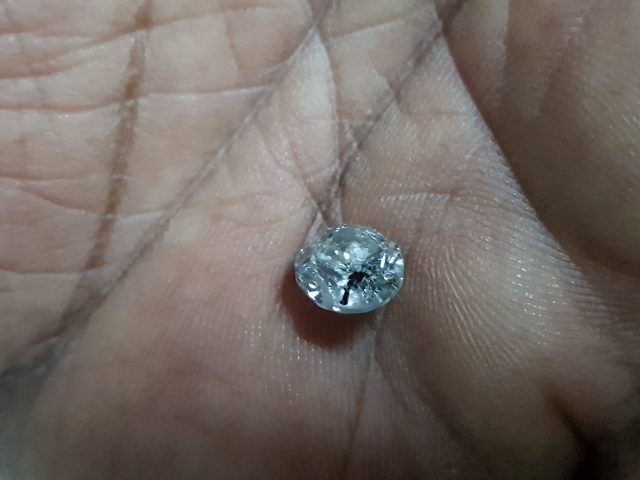
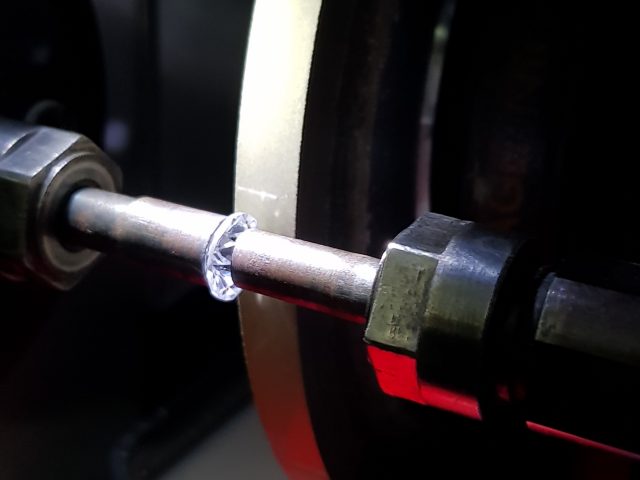
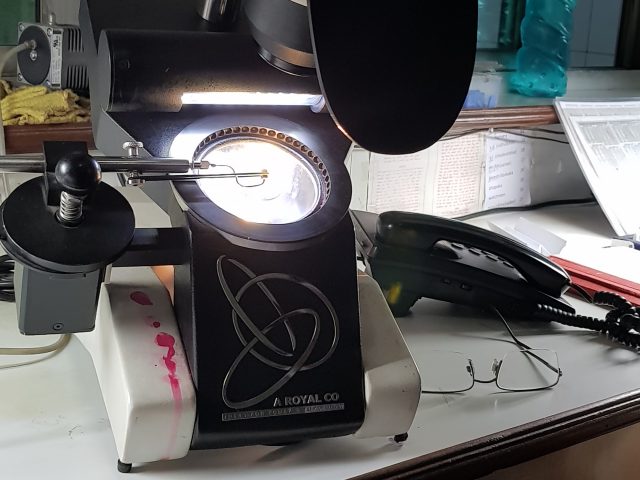
Connecting two worlds
“I see myself as a bridge, where I can take some of the things that I’ve learned from India, share it with my folks in Copenhagen, and then do the same for India. I’ll try to create a more balanced and prosperous opportunity for both environments.”
One of his projects involves creating a consortium of Danish higher education institutions that will focus on providing technical skills needed in Indian. With this project, he would be bringing the Danish perspective of teaching to the young people of India.
“I want to bring this whole idea of an open, critical, reflective, and question-driven education,” he says.
If that person experiences India with a threat perspective, then India for them is pretty much a closed experience.
Sudhanshu Rai, Associate Professor at CBS
But with CBS it is a different affair. Sudhanshu Rai is trying to look for a high-quality partnership between CBS and one of the leading universities in India. According to him, India has an enormous reservoir of untapped potential that CBS could benefit from.
“I would hope that CBS as a research community try and look at India as a vast learning opportunity where they can fashion a career for themselves internationally. India has the potential to put people up on the pedestal if they engage India with patience,” and continues:
“India is an expanding, blowing, and emerging country that often gets overlooked because of its negative narrative. India is no longer the weeping boy of that negative narrative. It is a very different place. It is dynamic, it is creative, it is chaotic, amazing, and at times it is frustrating. But above it all, it is full of opportunities,” he says.
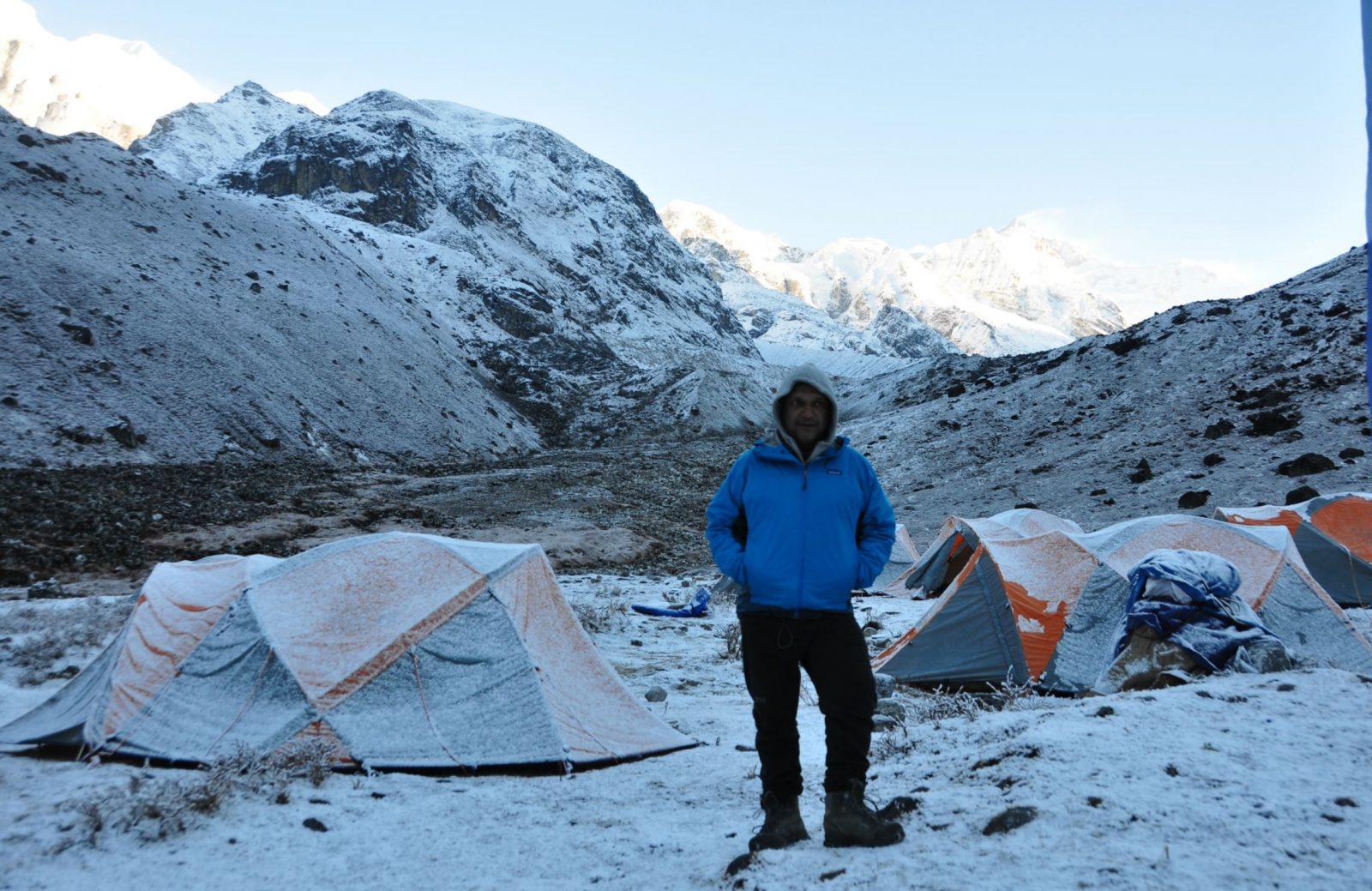
Back in the motherland
Sudhanshu Rai has been permanently living in Denmark for the past 18 years and according to him, this has had an impact on his character.
“On a certain level, I have realized that I have pretty much become Danish. In my thinking, in my life’s philosophy, and even in my food habits. I feel that the intellectual me, knowledge me, and character me is no longer the Indian that I used to be 24 years ago,” he says and continues:
“Adjusting back to India is a semi-reverse culture shock. Semi in the sense that intellectually I know these things are there. But when it hits me, it is a ride in my senses and in my mind. So, even though I am aware India is like a mass of opportunities for the initiated and a bundle of noise for the uninitiated,” he says and continues:
“Experiencing it makes me feel like I am starting all over again. Everything is new and I am relearning things,” says Sudhanshu Rai.
Internalizing both Danish and Indian qualities; spending longer, more prolonged periods of time in India; and entrenching himself in his research, to the point where he is up close and personal with it, has given Sudhanshu Rai the opportunity to gain invaluable and unique insights about his native country and what it has to offer.
“There is one thing I can say with certainty, there is no certainty in India. India is in a state of social flux and this flux creates a lot of interesting surprises. Some of these surprises can be interpreted as opportunities, and some can be interpreted as threats,” he says and continues:
“But it’s fundamentally the perspective of that person experiencing India, which is the key. If that person experiences India with a threat perspective, then India for them is pretty much a closed experience. For me, I’m experiencing an India where there are opportunities,” says Sudhanshu Rai.
India is a very proud culture with a very distinct understanding of knowledge and a huge history behind it
Sudhanshu Rai, Associate Professor at CBS
Internalizing both Danish and Indian qualities; spending longer, more prolonged periods of time in India; and entrenching himself in his research, to the point where he is up close and personal with it, has given Sudhanshu Rai the opportunity to gain invaluable and unique insights about his native country and what it has to offer.
“There is one thing I can say with certainty, there is no certainty in India. India is in a state of social flux and this flux creates a lot of interesting surprises. Some of these surprises can be interpreted as opportunities, and some can be interpreted as threats,” he says and continues:
“But it’s fundamentally the perspective of that person experiencing India, which is the key. If that person experiences India with a threat perspective, then India for them is pretty much a closed experience. For me, I’m experiencing an India where there are opportunities,” says Sudhanshu Rai.
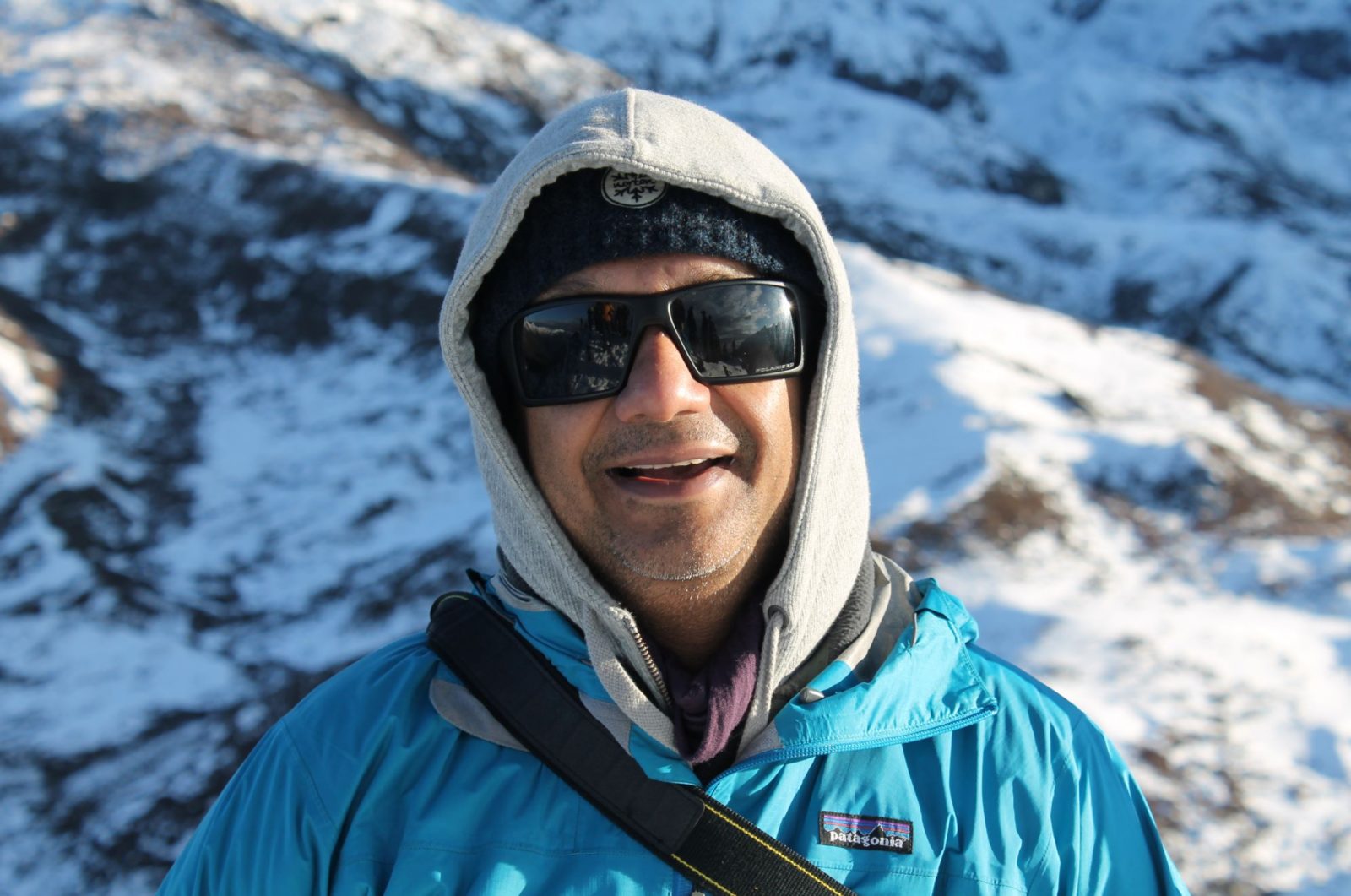
Be humble, patient, and act with humility
Bridging higher education institutions is no easy task, even for someone such as Sudhanshu Rai, who has spent a lot of his life in both of the countries that he is trying to connect. He believes that for anyone to get the most out of India, they should be humble, patient and act with humility in mind.
“India is a very proud culture with a very distinct understanding of knowledge and a huge history behind it. And when you are engaging with a proud culture you need to imbibe humility yourself,” he says.
Sudhanshu Rai argues that when institutions become world famous and recognized, they tend to lose sight of what it means to have humility and to be humble. He shared an example where researchers were not portraying humility nor were they carrying themselves in a humble manner.
“I’ve had experiences with other universities where they do fly-by-night operators. They come to India, stay here for five days, and then they have an opinion about the country, which is a five-thousand-year-old culture. You can’t understand five-thousand-years of history and its complicated mosaic of culture in five days,” says Sudhanshu Rai and continues:
“I know that our focus at CBS is very humble, but I still want to reinforce this as an important value, as researchers to carry on our sleeves when we enter India. The one thing that I want to give to my CBS colleagues is this idea of humility, this idea of knowledge is liberating but makes you feel humble,” he says.


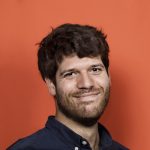
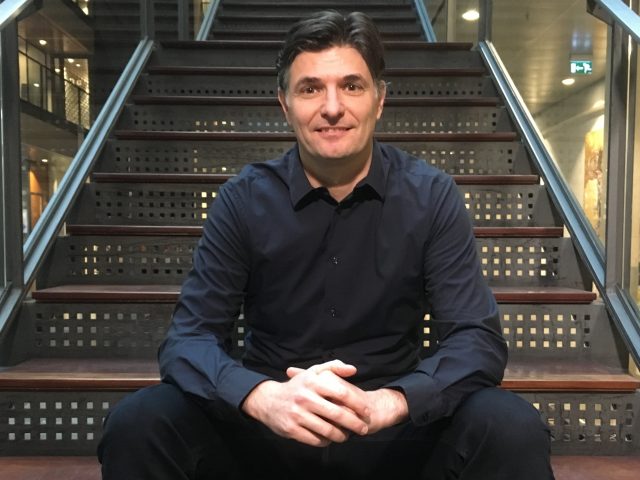
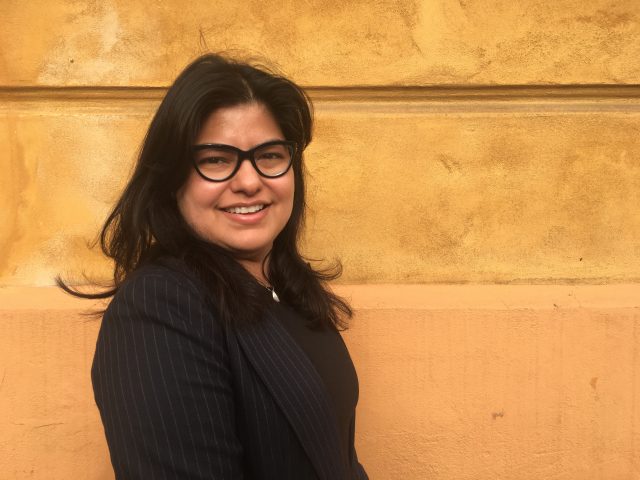
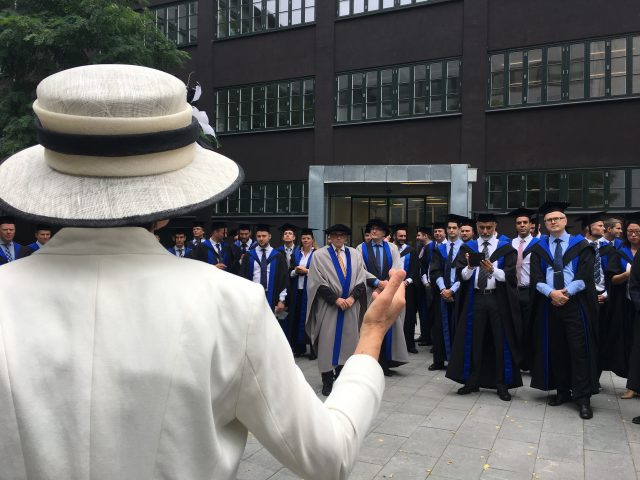
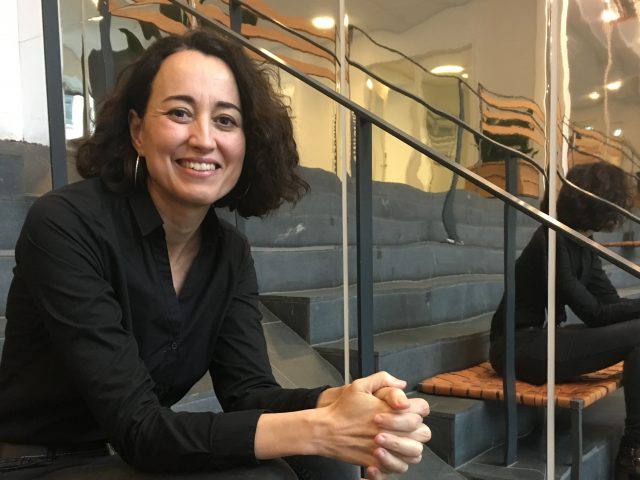
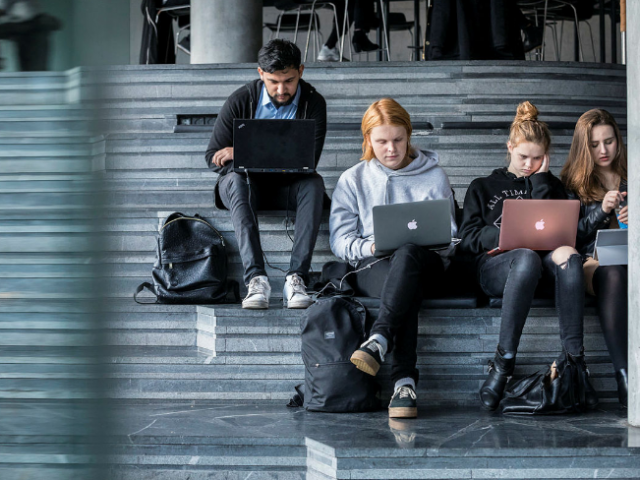




























































































































Comments